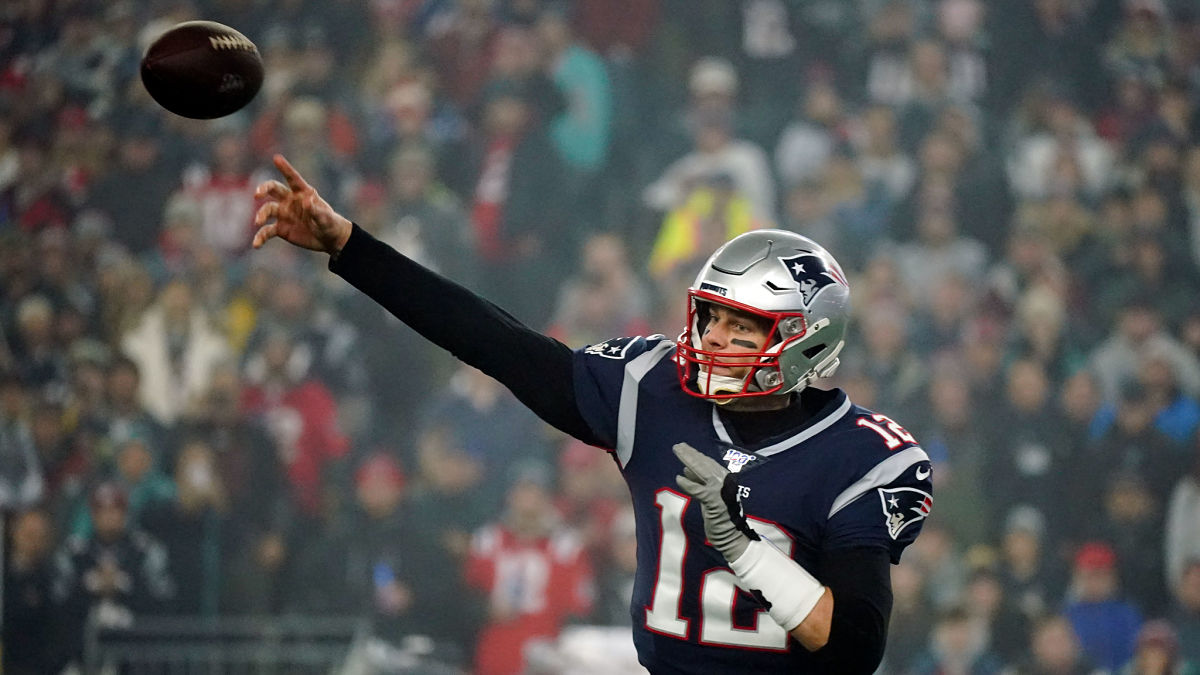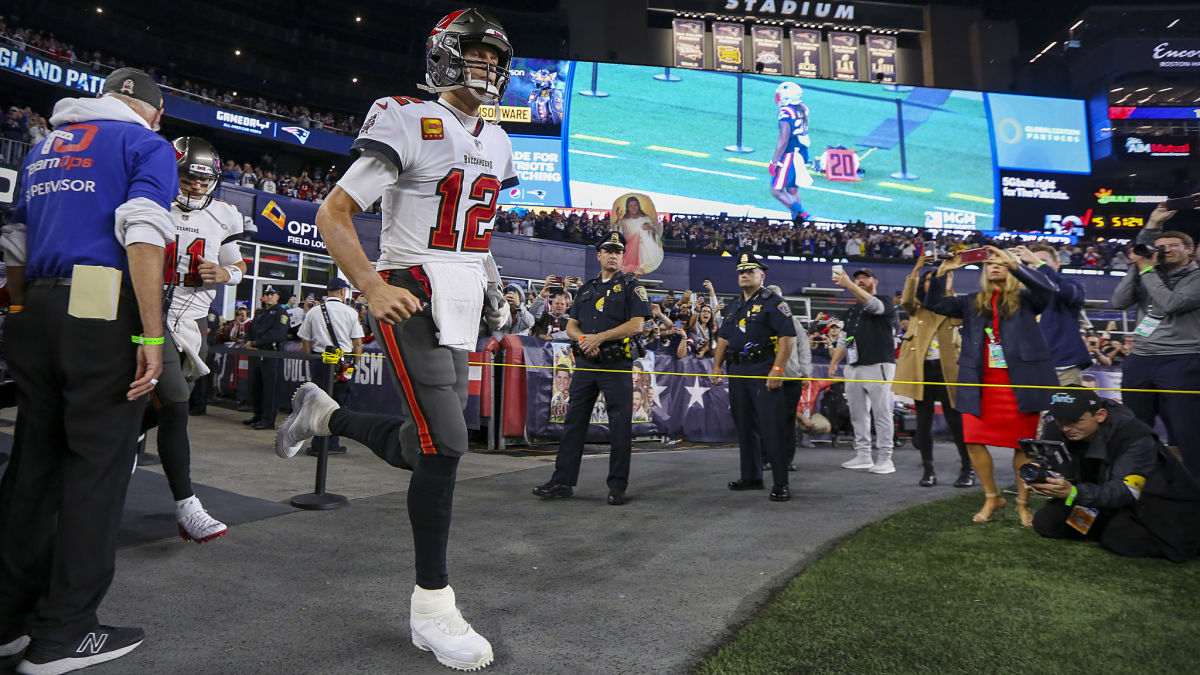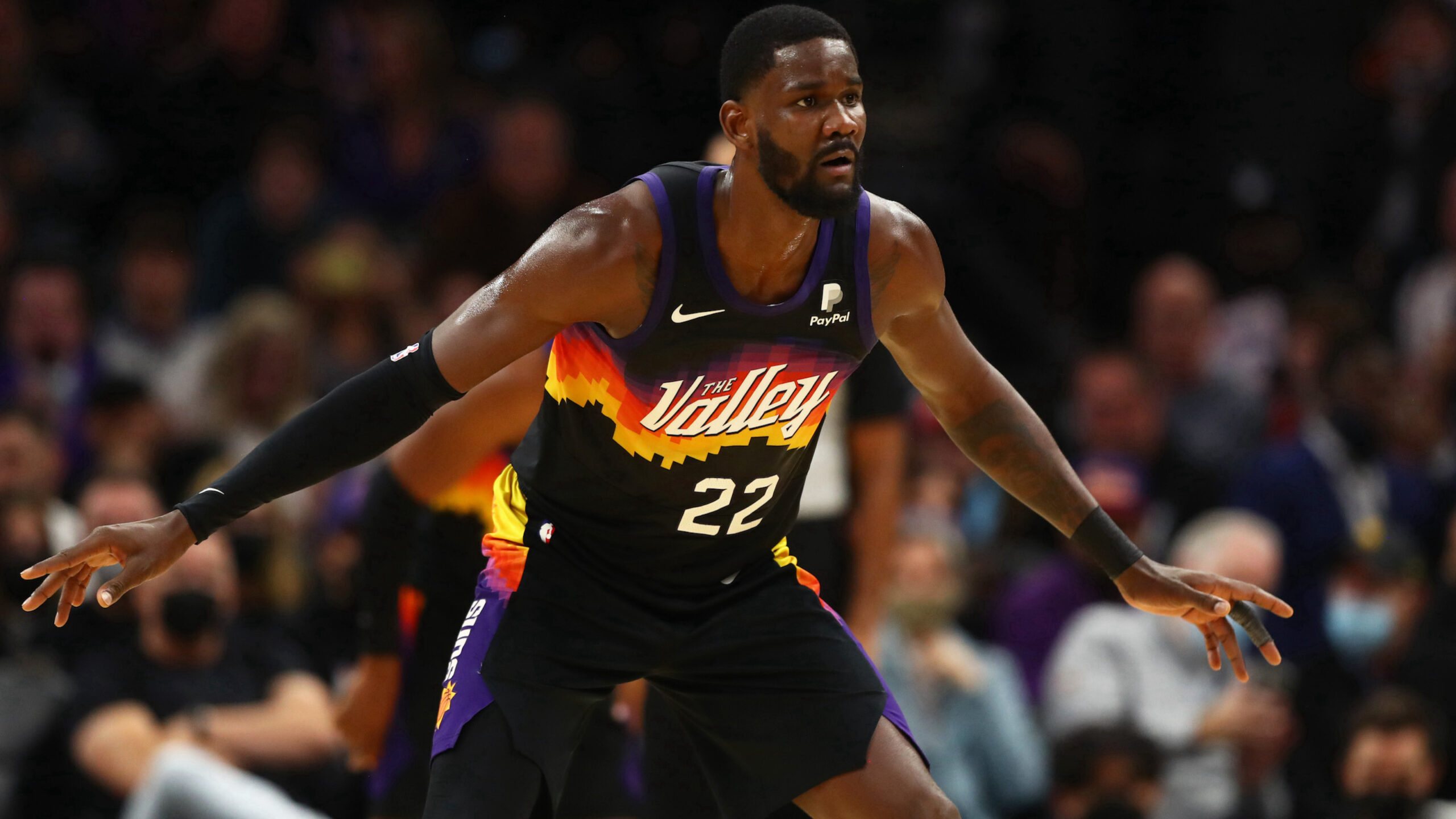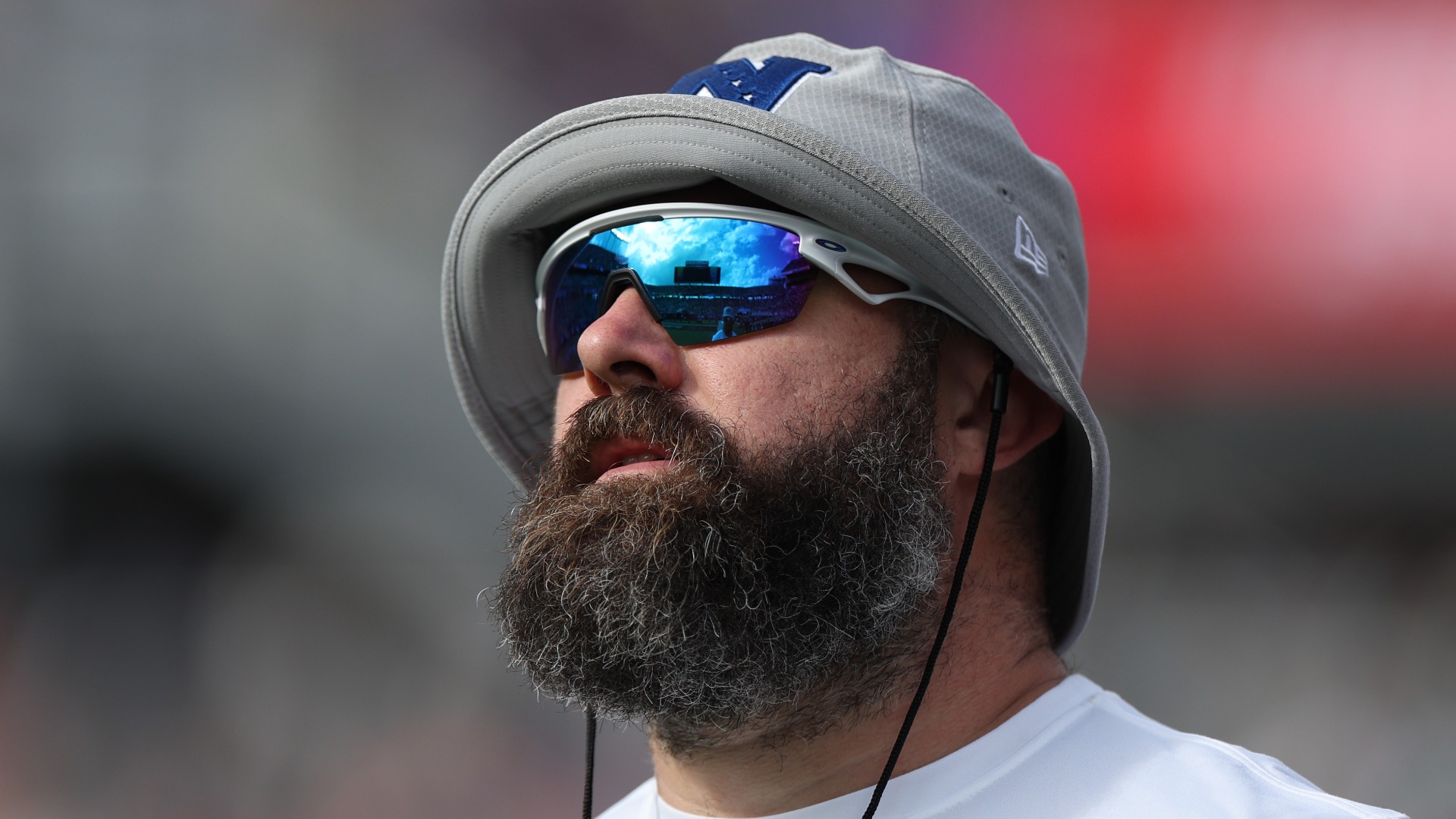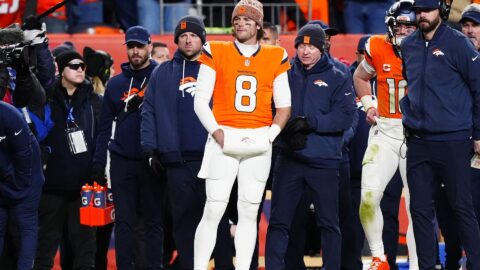Tom Brady announcing his official retirement Tuesday signaled both the end of a brief (but successful) era for the Tampa Bay Buccaneers, and a well-timed (but difficult) decision made by the New England Patriots.
Let's first address the obvious: Brady undoubtedly played at an extremely high level each of the past two seasons in Tampa Bay. He won the seventh Super Bowl of his storybook career and finished his first season with a new organization on a celebratory boat ride and ensuing Lombardi Trophy toss. Brady responded to that season by going out and performing like an NFL MVP candidate in 2021. Brady retires after playing some of the best football of his career, and does so on his own terms. His career will never be matched.
The finality of his decision, however, also brings some closure to the Patriots.
And the Patriots -- and their fans -- should be happy with where the organization currently stands in the post-Brady era. It would not be the same if he were to re-sign that cold and dark day in March 2020.
There are two key reasons behind the promise.
First, when Brady left for Tampa Bay prior to the 2020 season, the Patriots were in a far worse spot. New England's roster was limited in talent after multiple misses in NFL draft and reluctance to overhaul in free agency. It caused Brady to seemingly be miserable at the end of his tenure at One Patriot Place, as he appeared disinterested during the final stretch all while the Patriots fell off.
Sure, the 2020 season with Cam Newton behind center was among the lowest of points in the past two decades. But how significantly would Brady have improved that '20 team? Would the 7-9 Patriots make up a six-game difference behind the AFC East champion Buffalo Bills? No. Does he improve the '20 group by four wins -- what it needed for a playoff spot? That's debatable, too. The fact that Brady led the Buccaneers to the Super Bowl in his first season in Tampa should not draw any parallels to him being able to do the same in New England.
That brings us to Year 2. Yes, Brady would've improved the '21 group, which made the playoffs this season. But the finances that came with his two-year extension, while more than doable, would have been different than a rookie contract. It's not crazy to think that would have impacted just how much the Patriots spent this past offseason, impacting the final roster he was playing with.
And that's the short-term.
The long-term has much more to do with the fallout of the post-Brady era, and specifically the arrival of first-round quarterback Mac Jones. With Brady in New England at the time of the 2021 NFL Draft, there's no chance the Patriots use their first round pick -- probably not No. 15 to begin either -- on a quarterback.
All you need to do is look to the fact that the Patriots spent their first round picks on players to complement Brady -- Isaiah Wynn, Sony Michel, N'Keal Harry -- during the late Brady years. It was wise of them to do so. It also indicated they would have done the some with him entering his age-44 season, leaving their quarterback of the future yet to be determined as they tried to pursue another title. Again, they wouldn't have been wrong for doing so.
Fortunately for the future of the organization, they don't have to worry about that now. The Patriots have what seems to be an up-and-coming player at the most important position. Jones has promise, a good work ethic and looks like a quarterback -- while it's too early to call him a Hall of Famer -- that could become a championship-level signal-caller after years of development.
The Patriots made the right call, and Brady hanging it up after two seasons confirmed it.

